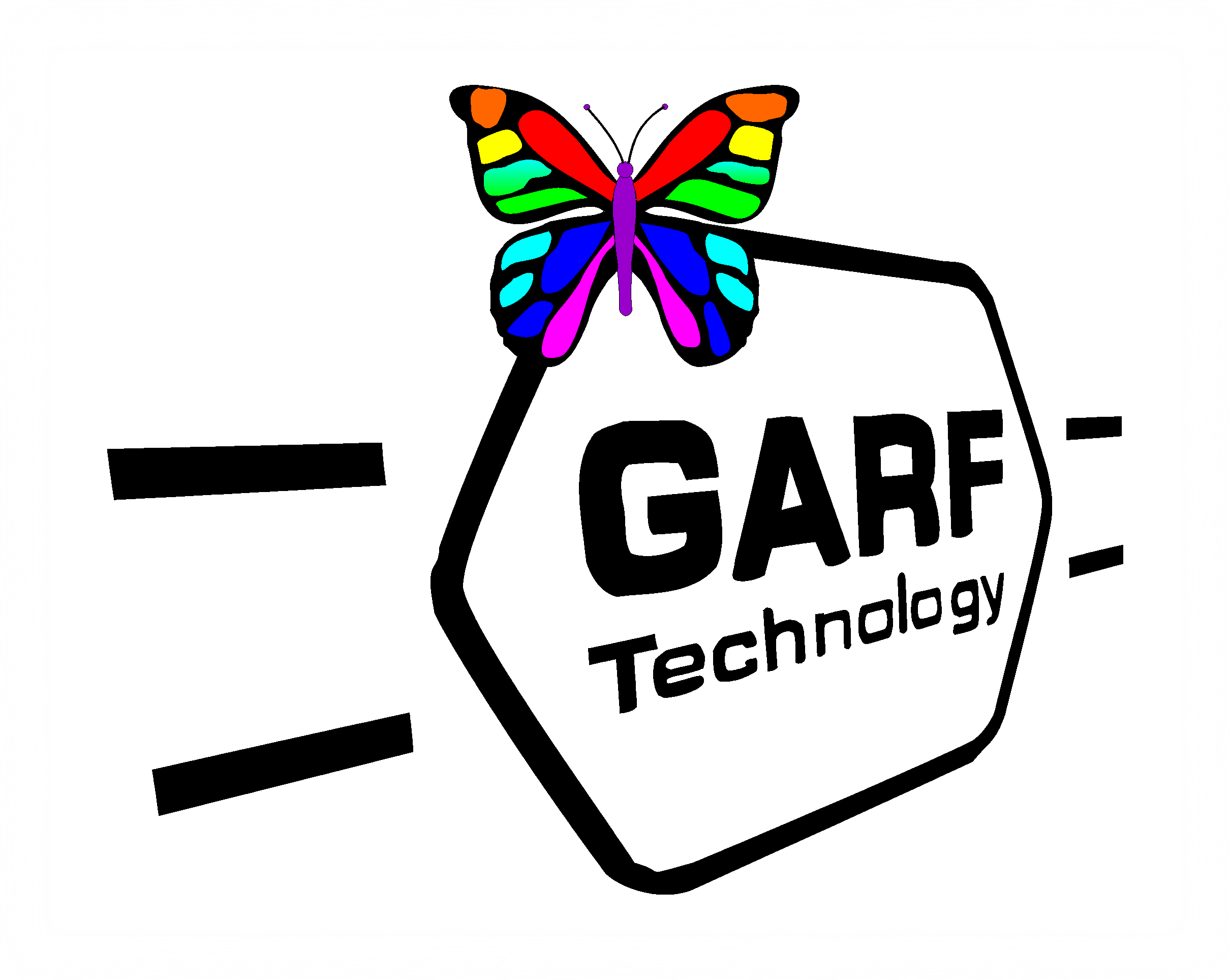What is a WebP image file, and how do I open one?
Seems there is quite a lot of buzz about a “new” image format called “WebP” that is seeing increasing use on-line recently. Although it is attributed to Google, WebP was not strictly a Google invention. It was originally developed by On2 of New York as part of its VP* series “Truemotion” video codecs. Google acquired these technologies when it took over On2. VP8 went on to be the core of Google’s WebM video format. WebP is not particularly new either. It was originally released in back in 2010.
Whilst the libwebp code library has been freely available under a BSD license in open source circles since 2011, it has yet to penetrate the closed source world to any real extent. Nevertheless, WebP is actually quite clever. In addition to offering slightly better lossy compression, it also supports lossless compression, similar to another popular open format, PNG (portable network graphics). And like PNG files, WepP also supports an alpha (transparency) channel. It also has a number of other interesting features under development, including “image tiles” – needed to produce really, really big images.
JPEG (Joint Photographic experts group) format, on the other hand, almost dates right back to the invention of the worldwide web itself. It was originally released in 1992 and is both an IEC and an ISO international standard (ISO 10918). It is one of the most popular and widely used computer formats ever invented. Whilst JPEG has seen a number of enhancements over the years, its basic format is relatively unchanged. JPEGs created in 1992 can still be opened and used today.
If you are a GNU/Linux user then, WebP should present no significant problem for you – providing you have a recent libwebp, on your system and packages that will use it (e.g. GIMP, Darktable, Gwenview, Krita etc). I understand the Windows world is catching up too and I would expect most popular bitmap editing software will support WebP fairly soon, if it doesn’t already. However, whilst WebP is likely to become increasingly popular, as its more advanced features see increasing deployment, I don’t see JPEG disappearing any time soon. If you already have a large collection of JPEGs, I see no need to rush to convert them, just yet… 🙂

